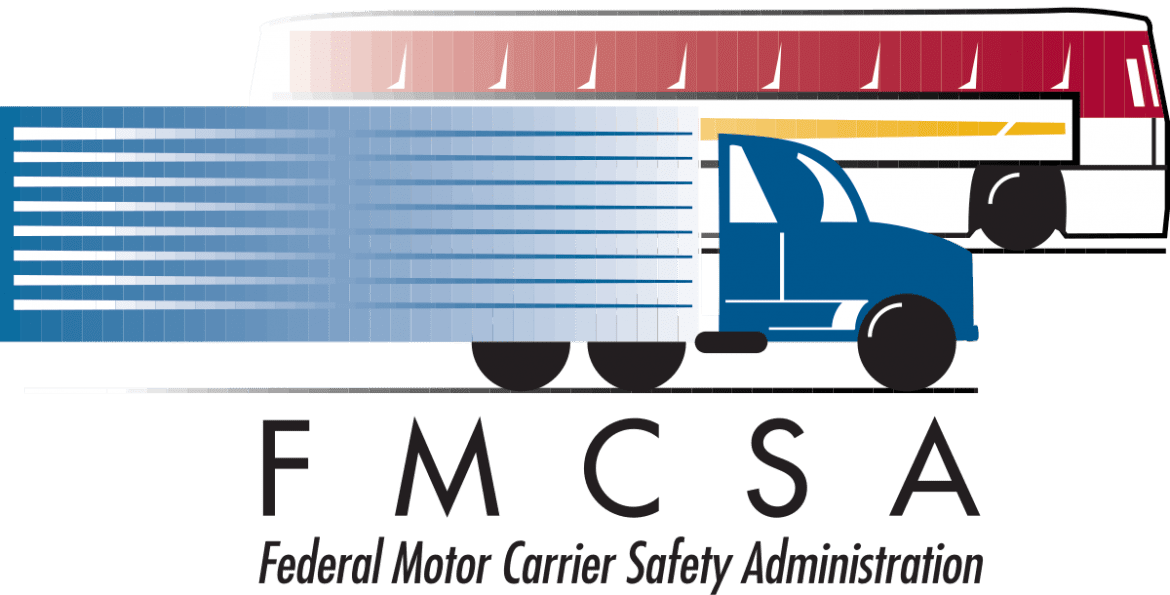The U.S. Department of Transportation’s Federal Motor Carrier Safety Administration (FMCSA) today published a notice of proposed rulemaking (NPRM) on changes to hours of service (HOS) rules to increase safety on America’s roadways by updating existing regulations for commercial motor vehicle (CMV) drivers.
“This proposed rule seeks to enhance safety by giving America’s commercial drivers more flexibility while maintaining the safety limits on driving time,” said U.S. Transportation Secretary Elaine L. Chao.
“FMCSA wants drivers and all CMV stakeholders to share their thoughts and opinions on the proposed changes to hours of service rules that we are putting forward today. We listened directly to the concerns of drivers for rules that are safer and have more flexibility—and we have acted. We encourage everyone to review and comment on this proposal,” said FMCSA Administrator Raymond P. Martinez.
First adopted in 1937, FMCSA’s hours of service rules specify the permitted operating hours of commercial drivers. In 2018, FMCSA authored an Advanced Notice of Proposed Rulemaking (ANPRM) to receive public comment on portions of the HOS rules to alleviate unnecessary burdens placed on drivers while maintaining safety on our Nation’s highways and roads. In response, the Agency received more than 5,200 public comments.
Based on the detailed public comments, FMCSA’s proposed rule on hours of service offers five key revisions to the existing HOS rules:
* The Agency proposes to increase safety and flexibility for the 30-minute break rule by tying the break requirement to eight hours of driving time without interruption for at least 30 minutes and allowing the break to be satisfied by a driver using on duty, not driving status, rather than off duty.
* The Agency proposes to modify the sleeper-berth exception to allow drivers to split their required 10 hours off duty into two periods: one period of at least seven consecutive hours in the sleeper berth and the other period of not less than two consecutive hours, either off duty or in the sleeper berth. Neither period would count against the driver’s 14‑hour driving window.
* The Agency proposes to allow one off-duty break of at least 30 minutes, but not more than three hours, that would pause a truck driver’s 14-hour driving window, provided the driver takes 10 consecutive hours off-duty at the end of the work shift
* The Agency proposes to modify the adverse driving conditions exception by extending by two hours the maximum window during which driving is permitted.
* The Agency proposes a change to the short-haul exception available to certain commercial drivers by lengthening the drivers’ maximum on‑duty period from 12 to 14 hours and extending the distance limit within which the driver may operate from 100 air miles to 150 air miles.
Click for FMCSA Ray Martinez announcing changes
FMCSA’s proposal is crafted to improve safety on the Nation’s roadways. The proposed rule would not increase driving time and would continue to prevent CMV operators from driving for more than eight consecutive hours without at least a 30-minute change in a duty status.
In Addition, FMCSA’s proposed rule on hours of service regulations is estimated to provide $274 million in savings for the U.S. economy and American consumers. The trucking industry is a key component to the national economy—employing more than seven million people and moves 70 percent of the nation’s domestic freight.
The public comment period will be open for 45 days.
The Federal Register Notice, including how to submit comments, is available here: https://www.fmcsa.dot.gov/
*


